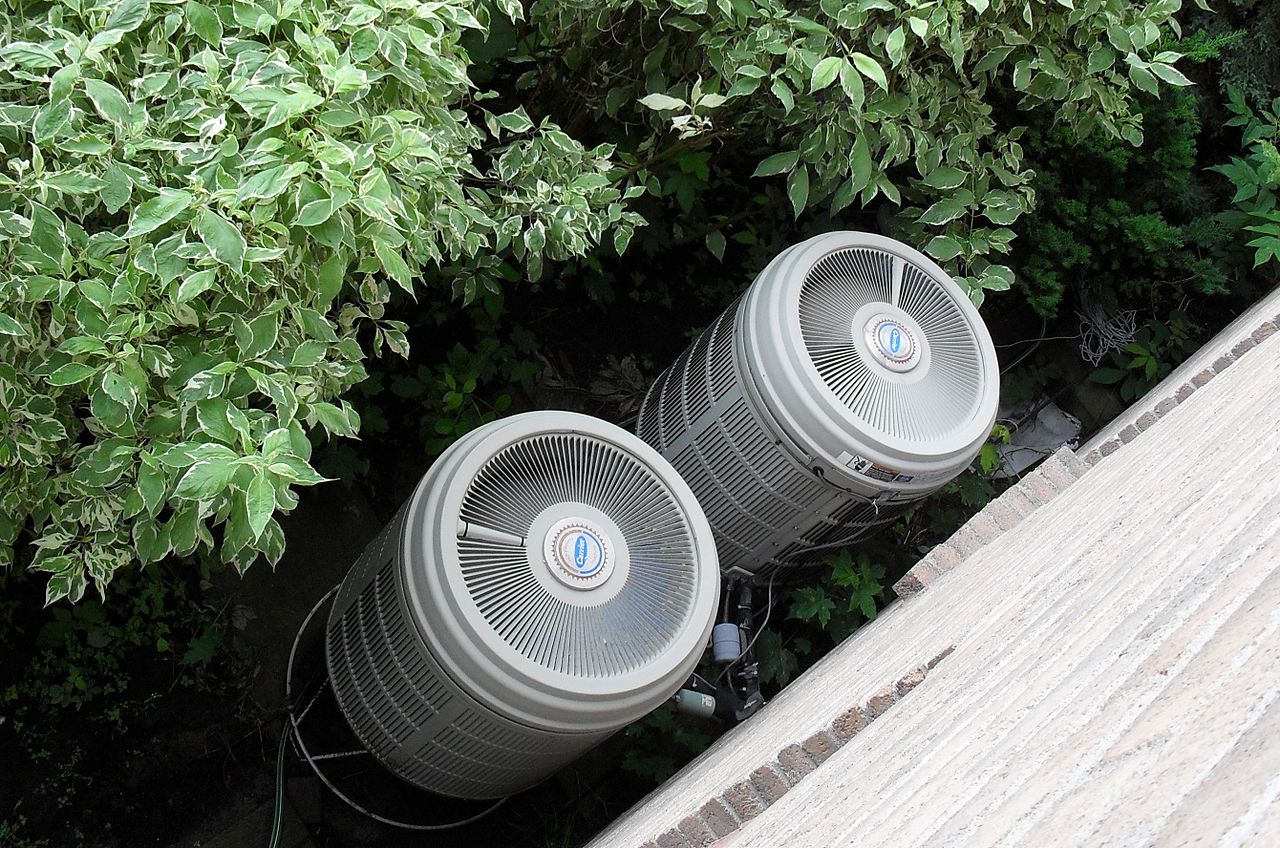Who and how pumps heat pumps

Heat pumps, a key factor for the energy transition. Comment from Roman Boner, Portfolio Manager of RobecoSAM Smart Energy Equities strategy at Robeco
The energy needed to heat homes, offices, schools and factories represents 10% of global annual emissions. Natural gas is the main form of energy for heating buildings and satisfies 42% of global demand, most of which (70%) is used for space heating. While the decarbonisation of buildings relies on a number of solutions (including renewable energy and energy-efficient renovations), electric heat pumps will be key to making heat in buildings not only “cleaner” but but also safer and more convenient.
Heat pumps are three to five times more energy efficient than natural gas boilers. This means that up to a fifth less energy is needed to heat the same space. This translates into significantly lower end-user consumption, resulting in reduced demand and increased savings for millions of households suffering the brunt of inflation caused by energy prices.
Energy security – the turning point
The recently passed US Inflation Reduction Act (IRA ) – which increases the value of individual credit for home energy efficiency improvements to 30% – is expected to significantly accelerate heat pump installations from part of consumers and manufacturers throughout the US market.
Globally, investment in clean energy has increased sharply since 2020, with estimated inflows to energy-efficient technologies nearly on par with renewables in 2022 ($470 billion vs. $472 billion).
Market opportunity: heat pump scale-up
Heat pumps are an established technology, with 190 million units installed worldwide. Northern European regions are an example of this growth opportunity: financial incentives combined with regulations have led to 40-60% home penetration in Sweden, Finland and Norway, compared to 20% in the rest of Europe.
The EU's Emissions Trading System (ETS) is a central pillar of the European Union's plans for zero emissions. However, the system leads to higher prices for carbon-intensive assets, such as space heating, and indirectly burdens household budgets, as price hikes are passed on to final consumers. The EU plans to extend the ETS to heating fuels – including offices and heat from industrial processes – which could mean that EU citizens could find themselves in more economic hardship.
Faced with new rules and higher prices, some gas-intensive EU regions are reconsidering using natural gas as a short-term transition fuel, preferring to switch directly to heat pumps for space heating . Penetration of heat pumps in fossil fuel friendly Poland grew by 88% in 2021 and sales growth doubled in other member states including Austria, Italy and the Netherlands.
Overcoming bottlenecks
While heat pump technology is mature and production is scalable, several bottlenecks are hampering its adoption. Despite lower life-cycle costs overall, the need for sophisticated equipment and complex installation means that the costs of the more energy-efficient models are significantly high. Furthermore, delays in building permits, a shortage of qualified installers, poor insulation of rooms and integration with traditional networks complicate the diffusion of heat pumps.
Innovation to solve these challenges is proceeding apace, especially in regions such as the United States and Europe, where governments are providing significant financial incentives. The outlook is promising: globally, investment in heat pump start-ups and scale-ups increased almost six-fold between 2016 and 2021. Furthermore, ambitious policies, such as the US IRA and REPowerEU, are driving the uptake of heat pumps, pointing to strong future demand for manufacturers and installers. In the EU alone, major manufacturers have announced investments of over €4 billion (2022-2026) to expand the production of heat pumps.
Governments around the world are stepping up regulations and subsidies that stimulate the production, penetration and research and development of heat pumps by public and private sector players. Heat pumps are a key factor in the energy transition and we expect consolidation and significant capital flow to companies in the heating technology value chain over the next few years.
This is a machine translation from Italian language of a post published on Start Magazine at the URL https://www.startmag.it/energia/pompe-di-calore/ on Sat, 04 Mar 2023 06:54:30 +0000.
